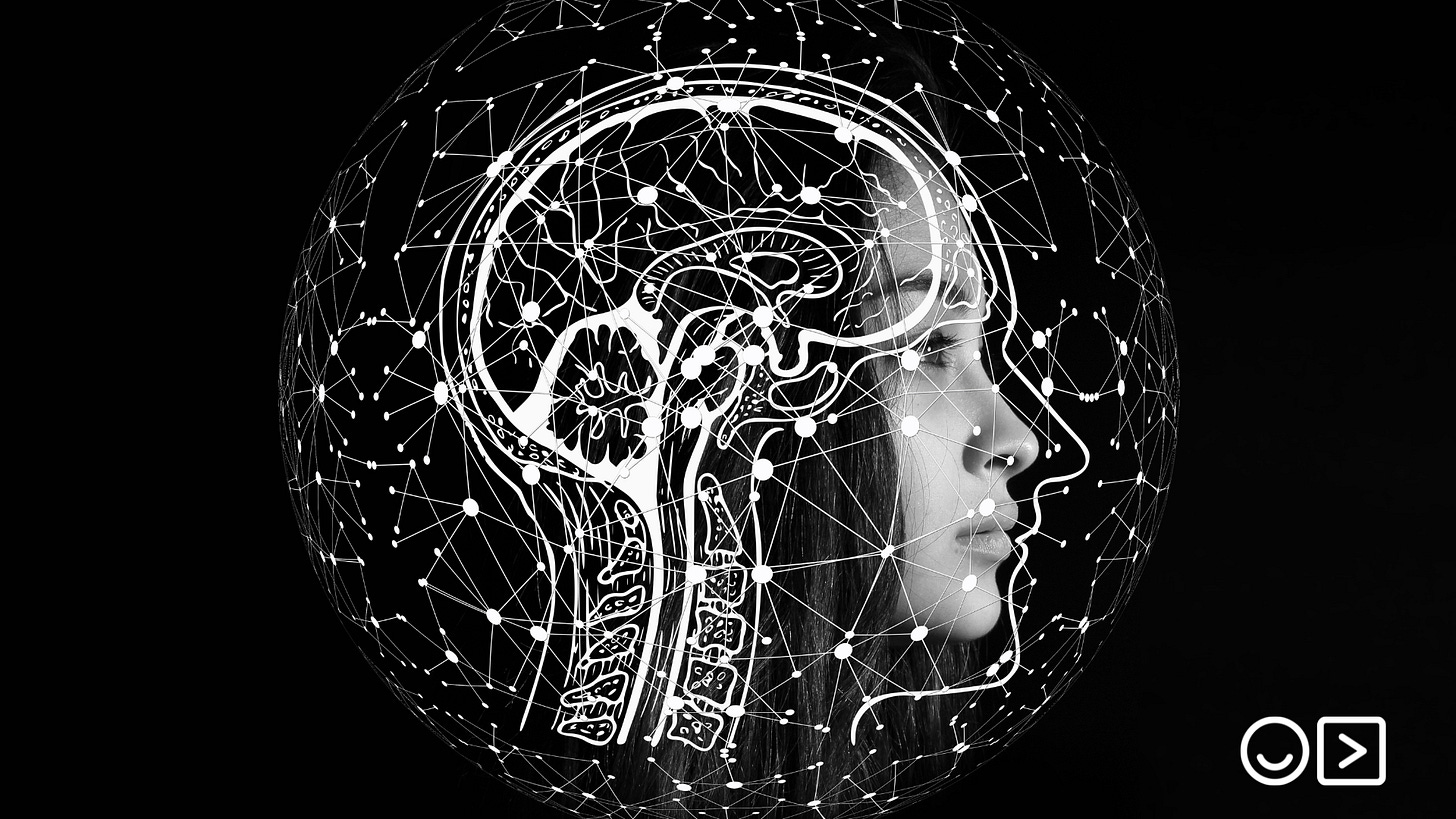Is your brain designed to handle so much information?
Do you ever reminisce about a quieter time, when the world wasn't buzzing with information at every turn? Back when we weren’t all slaves to notifications and constantly bombarded with data from dawn till dusk? It's like we're swimming in a sea of information, with no shore in sight.
I often find myself thinking back to the days when libraries were our main source of knowledge, and conversations didn't revolve around screens. Nowadays, information flows non-stop, an endless stream of tweets, posts, and articles all vying for our attention. While it's super convenient to access, I can't help but wonder, did our brains work differently back then?
Let's explore the information revolution and what it means for us.
The information revolution
The world feels both smaller and bigger than ever before, thanks to the 'information revolution'. It's connected people across continents and cultures like never before, fostering globalization. Borders seem less defined, distances shorter, and ideas easily shared over digital platforms, no matter where you are. We can now dive into lifelong learning and embrace diverse cultures and perspectives all at once.
With easy access to information, opportunities, and resources, we can discover job openings, educate ourselves on social issues, and delve into history with just a few clicks. Social media influencers and digital content creators are shaping new career paths, previously unheard of. Mobile devices and the internet keep us connected round the clock, opening up a world of possibilities.
One of the most amazing aspects of the information revolution is its power to build communities and inspire action. Social media isn't just about mindless scrolling; it's about forging connections, starting conversations, and rallying for change. Platforms like Facebook, X, WhatsApp, and Instagram have played pivotal roles in organizing protests and advocating for social and human rights causes, bringing global attention to issues that might otherwise have gone unnoticed.
In essence, the information revolution is bringing people together, bridging gaps, and paving the way for a brighter, more inclusive future.
Are our brains designed to handle so much information?
As social beings, we're wired to seek information for survival, connection, and curiosity. Our brains, with their intricate neural networks and complex cognitive processes, are wonders of evolution. However, even these remarkable organs have their limits when it comes to processing information.
Our brains crave novelty, but too much of it can overwhelm us, leading to increased stress levels, memory lapses, and restlessness. Mental health issues, fueled by envy and constant uncertainty, are on the rise among digital natives.
Regular exposure to information can alter how our brains function, affecting our attention spans, memory, and critical thinking. Before the information age, people relied more on memory skills, committing vast amounts of knowledge to memory. With fewer distractions, attention spans were longer, and sustained focus was more common.
Studies suggest that excessive use of digital devices can alter brain structure, particularly in children and adolescents whose brains are still developing.
I'm sure you've found yourself endlessly scrolling through social media feeds, feeling overwhelmed by the constant flood of updates. Notifications constantly vying for your attention can leave you feeling scattered and unable to focus on important tasks.
So how can we cope?
Digital Boundaries: Setting limits on tech use, creating tech-free zones, taking regular screen breaks, and detoxing from digital devices can help manage information overload.
Setting Realistic Expectations: Recognize that it's impossible to stay informed about every piece of information that comes your way. Set realistic expectations for yourself and accept that it's okay to prioritize certain sources of information over others.
Engaging in Hobbies and Creative Outlets: Spending time on activities you enjoy, such as hobbies, creative pursuits, or leisure reading, can provide a much-needed break from the constant stream of information. These activities can help recharge your mental batteries and foster a sense of fulfillment outside of the digital realm.
Mindfulness: Practice observing your thoughts and emotions without judgment, and strive to bring your attention back to the present moment whenever it wanders. Engage in daily activities with full awareness, whether it's eating, walking, or conversing, to cultivate mindfulness in your everyday life. By incorporating mindfulness practices into your routine, you can develop greater clarity of mind and resilience in the face of information overload.
By practicing mindfulness, using technology responsibly, and prioritising mental well-being, we can find a balance between harnessing the power of information and protecting our brain health in a digital world. Ultimately, it's not just about how much information our brains can handle, but how we choose to engage with it that matters most.


